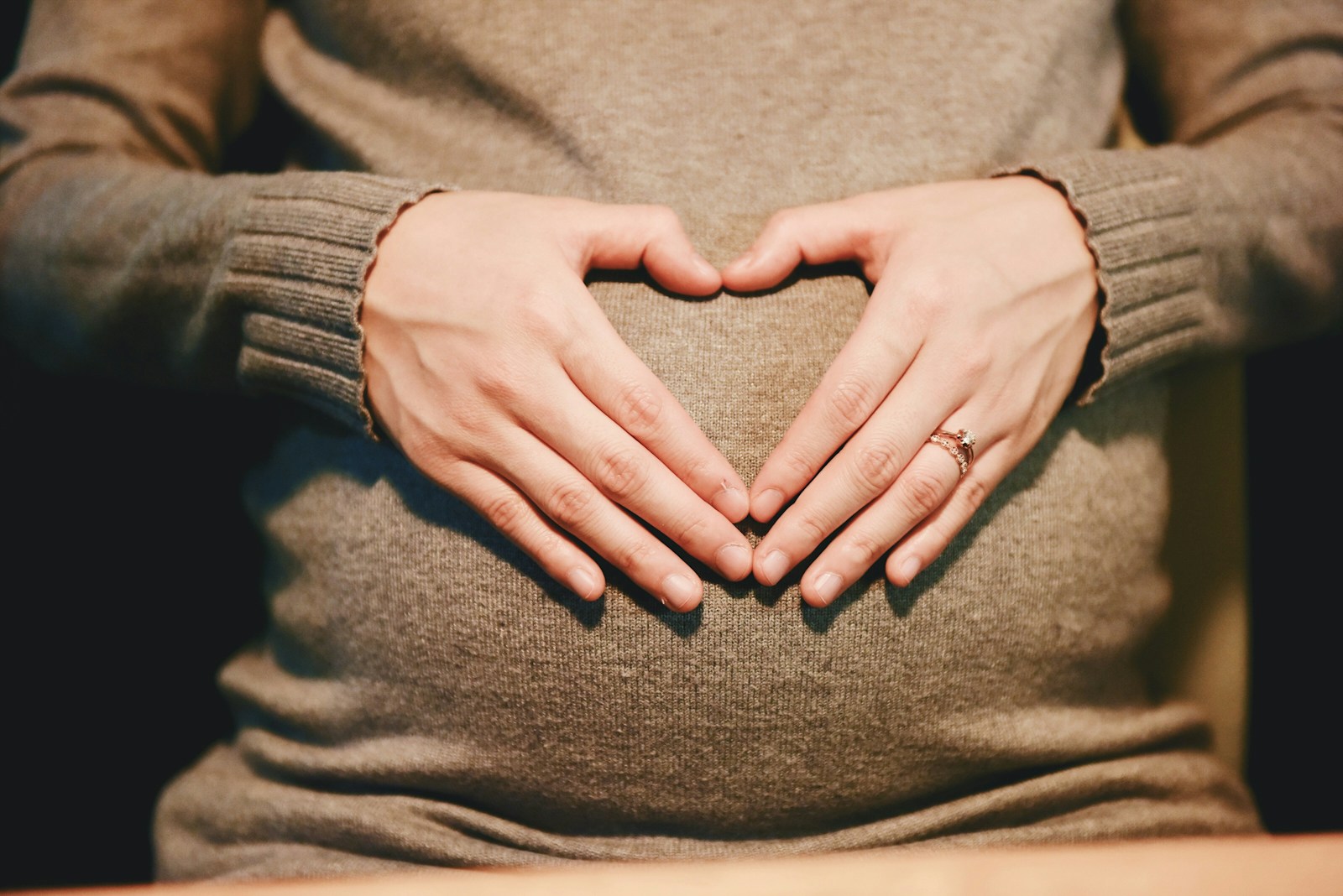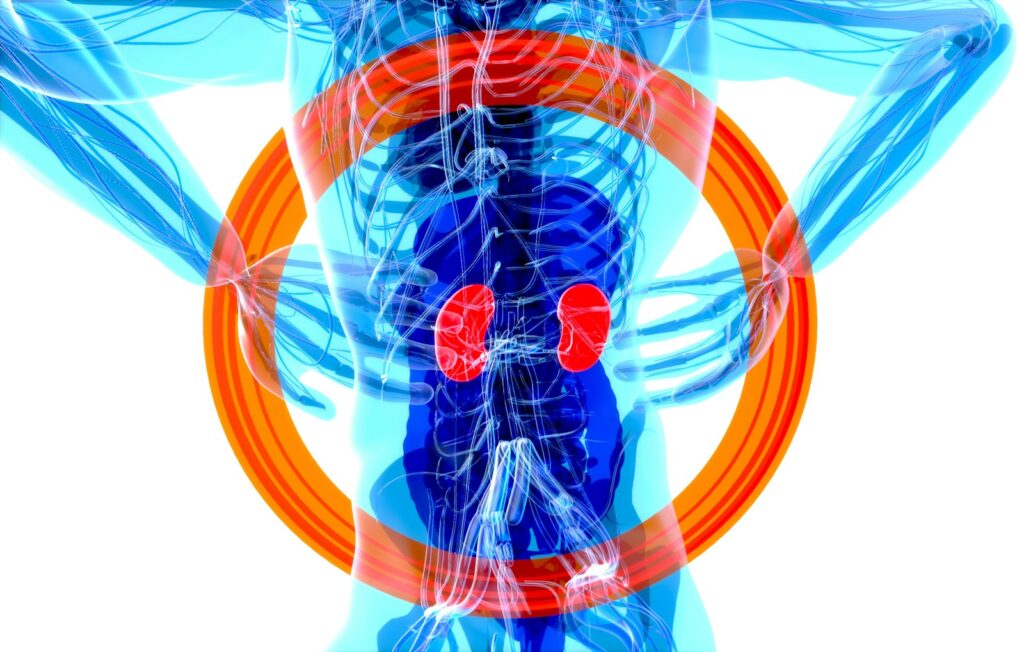Top 8 Vegetables That Cause Bloating and Gas (and How to Beat the Bloat!)
This Post Contains Affiliate Links. Please Read Our Disclosure for Full Information.
Bloating and gas—ugh, they can turn a healthy meal into an uncomfortable experience. While vegetables are a vital part of a nutritious diet, some notorious culprits can cause unwanted digestive woes. Let’s delve into the top vegetables that cause bloating and gas, why they have this effect, and how you can still enjoy them without discomfort.
Why Do Some Vegetables Cause Bloating and Gas?
Certain vegetables are high in fiber, sugars, or starches that our bodies struggle to break down efficiently. They ferment in the gut, producing gas that can lead to bloating. While this process is natural and not harmful, it’s often inconvenient and uncomfortable. Factors such as individual tolerance, preparation methods, and portion sizes all influence the impact of these vegetables.
The Top 8 Vegetables That Cause Bloating and Gas
Broccoli: The Fiber Powerhouse
Broccoli is renowned for its health benefits, but its high fiber and raffinose (a complex sugar) content can cause significant gas production. While your gut bacteria work hard to digest broccoli, the resulting fermentation process can leave you feeling puffy.
How to Beat the Bloat:
- Steam or roast broccoli to soften the fibers and make them easier to digest.
- Start with small portions to let your gut adjust.
Affiliate Link Suggestion: Get a vegetable steamer like this one on Amazon.
Cauliflower: A Cruciferous Cousin
Cauliflower shares many of the same bloating issues as broccoli due to its fiber and raffinose content. This popular low-carb alternative to grains can backfire if consumed in large quantities.
How to Beat the Bloat:
- Opt for smaller servings or try cauliflower rice, which is often easier on the stomach.
- Cooking thoroughly can help reduce its gas-causing effects.
Cabbage: The Gas-Generating Green
Cabbage is packed with nutrients, but its high sulfur content and insoluble fiber can spell trouble for sensitive tummies. This makes it one of the most notorious vegetables for bloating.
How to Beat the Bloat:
- Fermented forms like sauerkraut might actually help as the fermentation process pre-digests some of the tough fibers.
- Cook cabbage with carminative spices like cumin or fennel to reduce gas.
Brussels Sprouts: Little Gas Bombs
These bite-sized cruciferous vegetables can pack a punch when it comes to bloating. Their dense structure and sulfur-containing compounds make them a common trigger for digestive discomfort.
How to Beat the Bloat:
- Roasting Brussels sprouts in olive oil may make them more palatable and easier to digest.
- Pair them with a protein or carbohydrate source to balance your meal.
Onions: Hidden Gas Instigator
Onions contain fructans, a type of carbohydrate that can lead to gas and bloating, especially in raw form. While they add flavor to dishes, they may come with digestive drawbacks.
How to Beat the Bloat:
- Cook onions thoroughly, as heat breaks down some of their indigestible compounds.
- Use green onions or leeks as alternatives, as they’re milder on digestion.
Garlic: A Flavorful Culprit
Like onions, garlic is rich in fructans, which can ferment in the gut. While it enhances the taste of nearly any dish, garlic can contribute to bloating, particularly in large quantities.
How to Beat the Bloat:
- Use garlic-infused oils instead of raw or whole garlic to get the flavor without the digestive burden.
- Moderate your portions, especially if you’re sensitive.
Beans and Lentils: Leguminous Trouble
Although technically legumes, beans and lentils often appear in the vegetable category. They are high in fiber and resistant starch, which can lead to bloating if not prepared properly.
How to Beat the Bloat:
- Soak beans overnight to reduce their gas-causing compounds.
- Cook them with anti-gas spices like asafoetida or bay leaves.
Affiliate Link Suggestion: Try this affordable bean soaking set on Amazon.
Asparagus: The Surprise Offender
Asparagus contains a sugar called raffinose, as well as high amounts of fiber, both of which can cause bloating. Its diuretic properties can also create mixed effects on digestion.
How to Beat the Bloat:
- Cook asparagus until tender to make it more digestible.
- Pair it with lemon juice or yogurt to aid digestion.
General Tips to Beat the Bloat
If you’re sensitive to these vegetables, there are ways to enjoy them without discomfort:
- Eat slowly: Chewing thoroughly helps break down fibers and reduces air intake.
- Drink water: Staying hydrated helps prevent constipation and bloating.
- Introduce fiber gradually: Avoid overwhelming your digestive system by increasing fiber intake slowly.
- Experiment with spices: Add carminatives like ginger, fennel, or peppermint to your meals.
Conclusion: Enjoying Vegetables Without the Gas
Bloating and gas don’t have to come between you and your favorite vegetables. With the right preparation methods and portion control, you can enjoy these nutritional powerhouses without discomfort. Whether it’s steaming broccoli or soaking beans, small changes can make a big difference. Remember, every digestive system is unique, so pay attention to what works best for you and tweak your diet accordingly.
Healthy digestion and a balanced diet go hand in hand—here’s to eating well and feeling even better!









